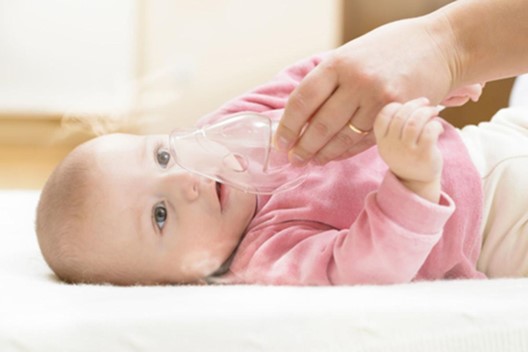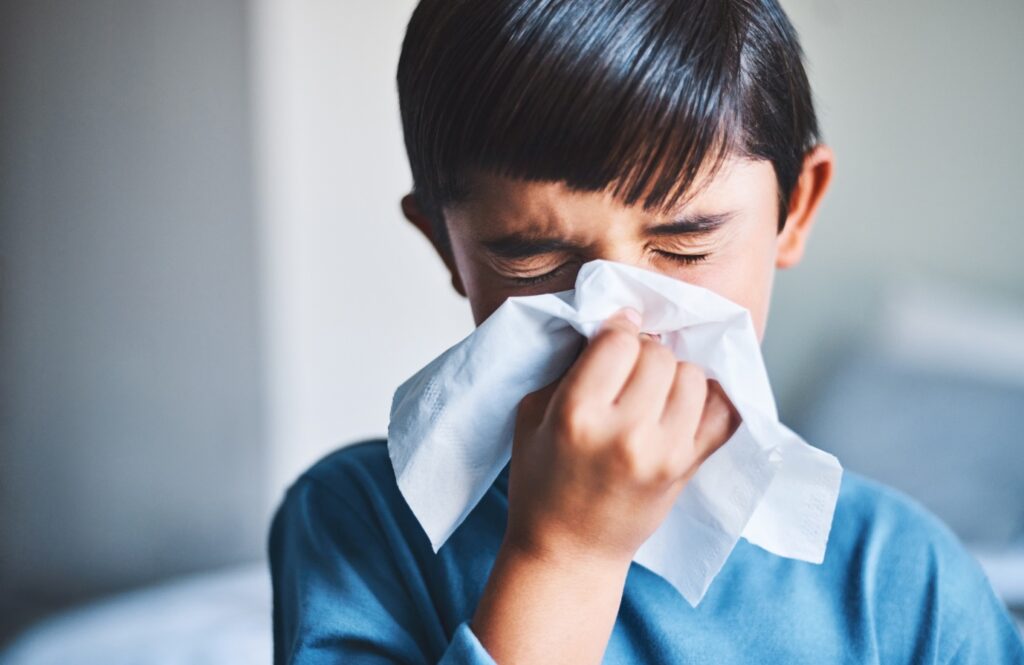Most of us are familiar with lactation only in the context of pregnancy. However, experiencing lactation outside of pregnancy is completely normal. It’s usually harmless, but sometimes it can be a sign of an underlying medical condition. If you or someone you know experienced lactation without giving birth and it’s given you a good scare, don’t worry about it. We will break down lactating outside pregnancy for you and explain when you need to start worrying.
What is galactorrhea?
Milk secretion from the breast, also known as lactation, is the process by which a woman’s body produces and releases milk to feed an infant. While lactation is commonly associated with pregnancy and breastfeeding, a woman can experience milk secretion even when she is not pregnant. This phenomenon, known as galactorrhea, can be caused by various factors, including hormonal imbalances, certain medications, and underlying health conditions.
What causes lactation?
During pregnancy, the hormone prolactin plays a key role in preparing the breasts for lactation. As the pregnancy progresses, the levels of prolactin in the body increase, stimulating the growth of milk-producing cells in the breasts and milk production. After childbirth, the hormone oxytocin is released, which causes the milk to get released from the breasts and into the infant’s mouth during breastfeeding.
What causes galactorrhea?
Lactation can occur even in the absence of pregnancy and childbirth. This can be due to an imbalance in the hormones regulating lactation, such as prolactin and estrogen. When prolactin levels are too high and estrogen levels are too low, milk production can be stimulated, leading to lactation.
This hormonal imbalance can be caused by a variety of factors, including
- Pituitary gland disorders: The pituitary gland is responsible for producing and releasing hormones that regulate various bodily functions, including lactation. If the gland is damaged or diseased, it can cause an imbalance in hormone levels, leading to lactation.
- Certain medications: Some medications, such as antidepressants, antipsychotics, and blood pressure medications, can alter hormone levels and stimulate milk production.
- Underlying health conditions: Certain health conditions, such as hypothyroidism and polycystic ovary syndrome (PCOS), can also cause hormonal imbalances that can lead to lactation.
Are there any other causes for galactorrhea?
In addition to hormonal imbalances, other factors can contribute to lactation when a woman is not pregnant. These include:
- Breast stimulation: Physical stimulation of the breasts, such as massaging or squeezing the nipples, can stimulate milk production. This is because the nerve endings in the breasts are connected to the pituitary gland, which can release prolactin in response to stimulation.
- Psychological factors: Stress and emotional changes can also affect lactation. The hormone cortisol can stimulate milk production. It is released from the body in response to stress.
Is galactorrhea dangerous?
Galactorrhea is generally not harmful, but it can be uncomfortable and inconvenient for those experiencing it. If you are experiencing lactation when you are not pregnant, it is important to speak with a healthcare professional to determine the cause and the appropriate course of treatment. Treatment may involve adjusting medications or hormone levels using hormone therapy or other medications. In some cases, lifestyle changes, such as reducing stress and avoiding breast stimulation, may also be recommended.
An insight from mamahood
In conclusion, galactorrhea is a milky discharge from the nipples which is not related to pregnancy or breastfeeding. The pituitary gland secretes prolactin hormone which triggers milk production. Excess secretion of prolactin is one of the main causes of galactorrhea. It is not a disease, but it could be a sign of an underlying problem. If the discharge is persistent and doesn’t go away on its own, then make an appointment with your healthcare and get it checked.








